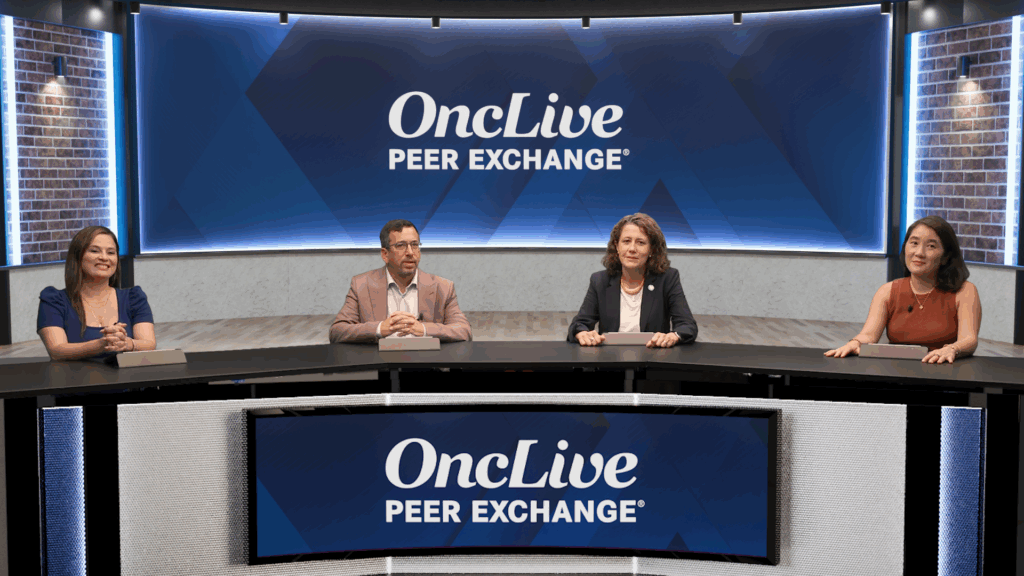
The recent World Conference on Lung Cancer highlighted the essential role of shared decision-making in the treatment of lung cancer. Physicians and patients discussed the necessity of clear communication regarding treatment options and their impacts on quality of life. This collaborative approach aims to empower patients, allowing them to make informed decisions that reflect their individual values and circumstances.
Emphasizing Patient-Centric Conversations
During the conference, it became evident that conversations about treatment options should not merely present a choice between alternatives. Instead, they should foster a guided dialogue, helping patients align their decisions with personal goals and life situations. Clinicians underscored the importance of tailoring discussions to meet the unique needs of each patient.
Physicians shared their methods for approaching these sensitive discussions, noting that building trust over time is crucial. They emphasized providing written materials to help patients understand their options better. Revisiting treatment decisions is also essential, particularly when dealing with the complexities of a cancer diagnosis.
Factors such as a patient’s age, family responsibilities, and proximity to care significantly influence their treatment preferences. Clinicians noted that many patients weigh the burden of frequent chemotherapy visits against the convenience of oral therapies.
Addressing Psychological Impacts and Treatment Approaches
Recognizing the psychological and emotional toll of a cancer diagnosis is vital in the shared decision-making process. Some physicians recounted using strategies to ease patients into treatment. For instance, they might start patients on oral targeted therapies to alleviate symptoms before progressing to more intensive treatments like chemotherapy. This gradual approach can help patients feel more comfortable with their treatment journey.
The panel emphasized the importance of not making assumptions about patients’ values or their ability to tolerate different therapies. Instead, they advocated for careful listening and ongoing conversations that allow for personalized care. While clinicians strive to inform patients about effective and generally well-tolerated therapies, they also recognize the need to provide patients time to process information thoroughly.
Family support plays a significant role in this process. Engaging family members can enhance the patient’s understanding and help them feel more secure in their treatment choices.
Ultimately, the goal is to balance the timely initiation of therapy with respect for patient autonomy and psychological well-being. By prioritizing communication and understanding, healthcare professionals aim to optimize both treatment outcomes and overall quality of life for lung cancer patients.







